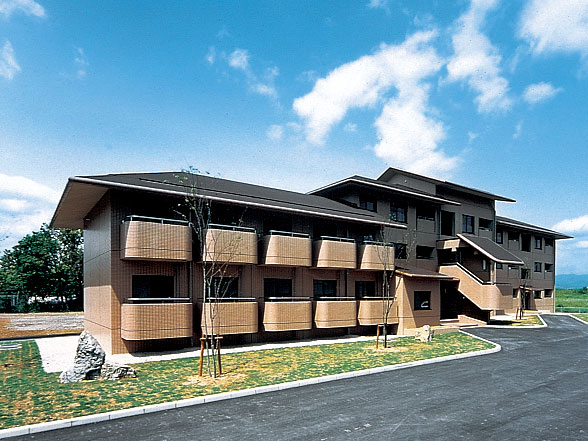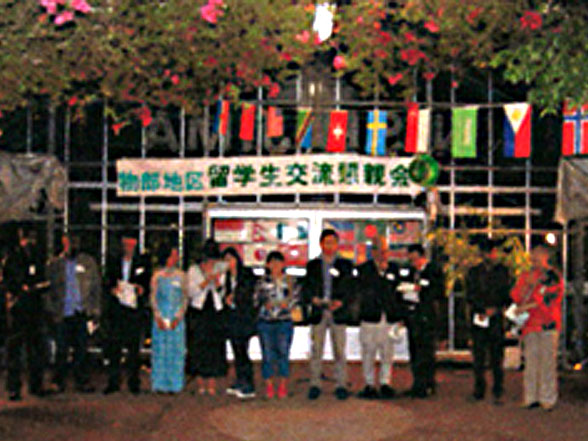
DX= Digital Transformation is the idea of transforming IT technology into a better society by penetrating people's lives.
Currently, agriculture and fisheries lack human resources. We also need to deal with severe climate change. To solve these challenges, we need people involved in DX technology development.
Faulty of Agriculture and Marine Science, Graduate School of Integrated Arts and Sciences, Kochi University incorporates elements of data science education in addition to professional training that emphasizes on-site learning.
In addition to acquiring advanced knowledge and skills related to sustainable resource development, utilization and environmental conservation, we aim to foster future-oriented human resources who can develop and disseminate new technologies for social development.

In our course, you can learn about agriculture and forestry, the agricultural and environmental engineering surrounding it, symbiosis between people and nature, as well as data science and biotechnology. We aim to develop human resources that will bring about breakthrough innovation in the primary industry.

In the Agricultural Chemistry Course, you can learn specialized subjects including chemistry, biology, environmental science, and data science, as well as engage in advanced fundamental and applied research activities aimed at realizing a prosperous society.

Kochi Prefecture is blessed with abundant fisheries resources and natural marine fields. You can learn the sustainable use and production of marine and fisheries resources in various fields, with excellent teachers and researchers of Aquaculture course.

In our course, you can study at a global research center in earth drilling science.There, we provide learning such as the creation of technologies necessary for the development of undersea minerals and energy resources, and the observation and evaluation of impacts on the marine environment.

Marine microorganisms are attracting a lot of attention as they lead to the discovery of new drugs and functional substances. In our course, you can use Tosa Bay as your main learning area and travel around the world to learn knowledge and skills related to marine exploration and chemical verification.
On our campus, there are two courses: Agriculture Marine Science Program (Master's Course) and Kuroshio Science Program (Doctor's Course).
This page introduces the main major, Agriculture Marine Science Program.
We will also explain the AAP Courses offered for international Students from Asia, Africa and the Pacific Rim and Dormitories.
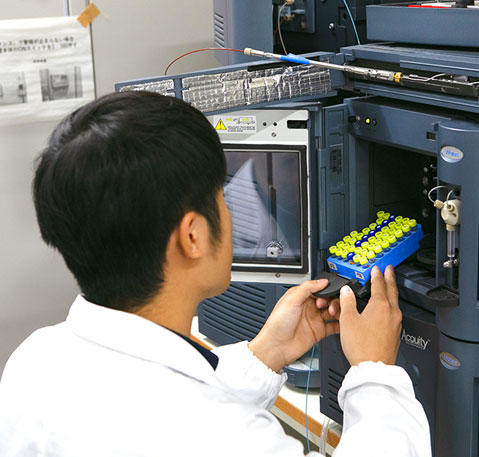
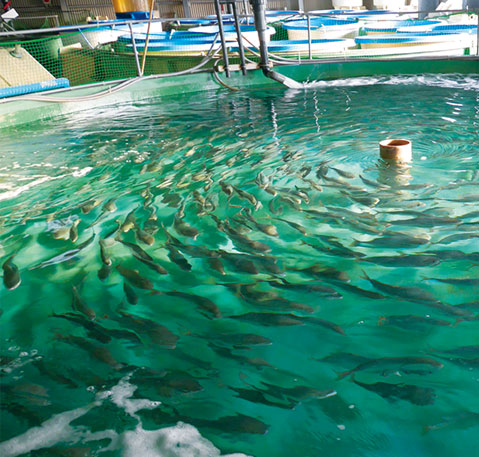
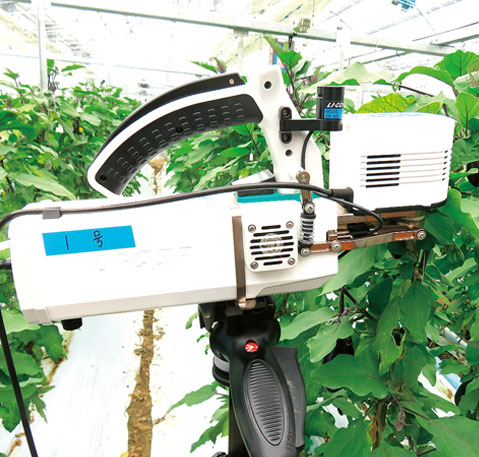
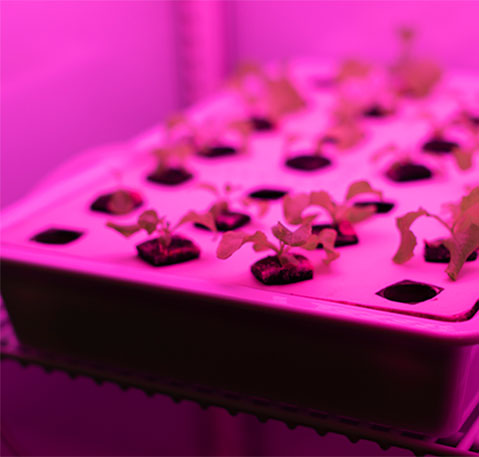
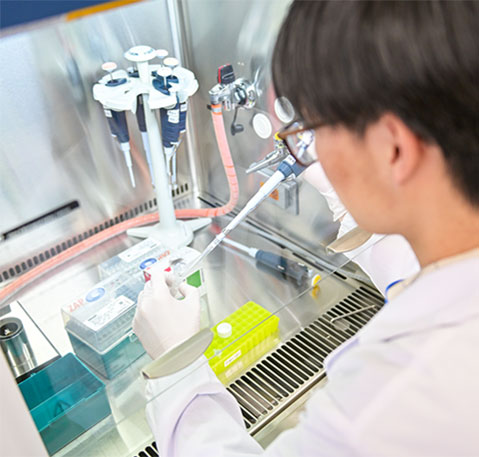
We aim to foster experts, advanced generalists, and researchers with high knowledge and techniques, who, based on the expertise cultivated at Bachelor's course, can cope with various issues such as food production, environmental stability, and high usage of bio resources in a wide range of fields from mountains to oceans.
Special Course for International Students from Asia, Africa and the Pacific Rim (AAP)
This special postgraduate course, called the "AAP Course" is intended to provide opportunities to enable nationals of the countries in Asia, Africa and the Pacific Rim to pursue a course of postgraduate study at the Faculty of Agriculture, Kochi University. The intent of this special course is for graduates to continue their specialized and high-level study. A Master's Degree in Agriculture is to be awarded to the candidates who have completed all the requirements and whose dissertations have been approved. The AAP Course is made up of 13 research fields as shown below.
The Students Welfare Facilities was constructed in December, 1980 to promote of welfare of both students and staffs (a two- story ferroconcrete building, the total floor space is 1,039 m2). In November, 1996, the Hall was remodeled into the cafeteria on the first floor and the multiple- purpose room, the store, and others on the second floor. In May, 1998, with the purpose of making the campus a more information- oriented place, network connectors were installred on the second floor. These facilities help students to allow access to the Internet and to send E- mails. This hall is also used as a place to provide students regular medical care and counseling. Facilities may also be used to hold parties, and other social entertainment for students. This hall is surround with tropical scenery and green wood. The outline of this building is as follows;
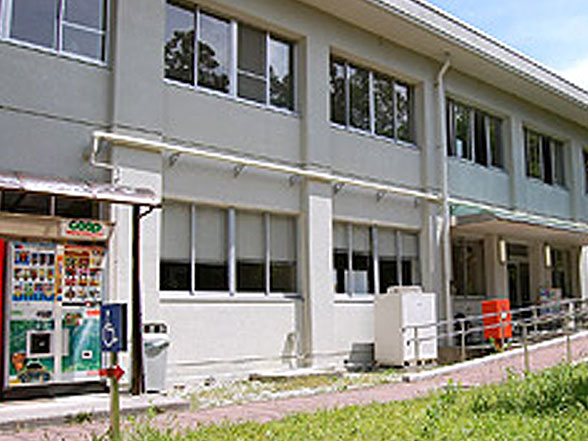
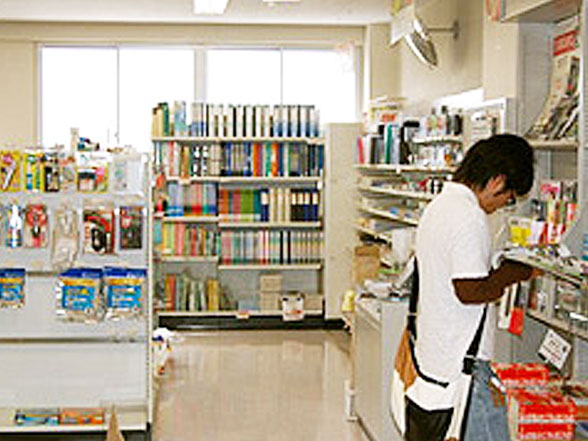
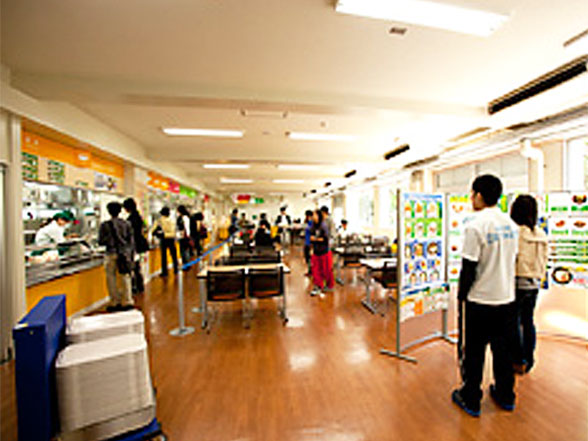
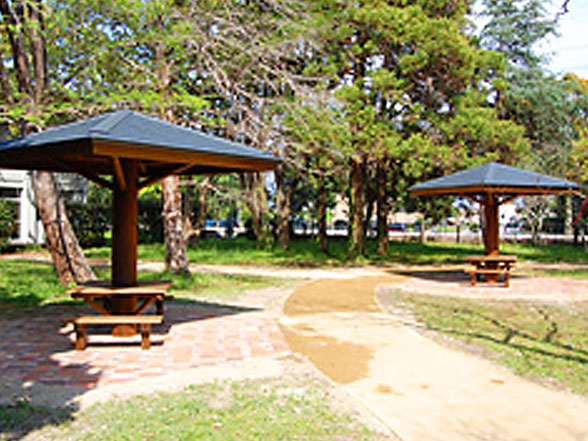
On Monobe Campus, in addition to the International Hall exclusively for international students and researchers, Nissho Dormitory is available for all the students.
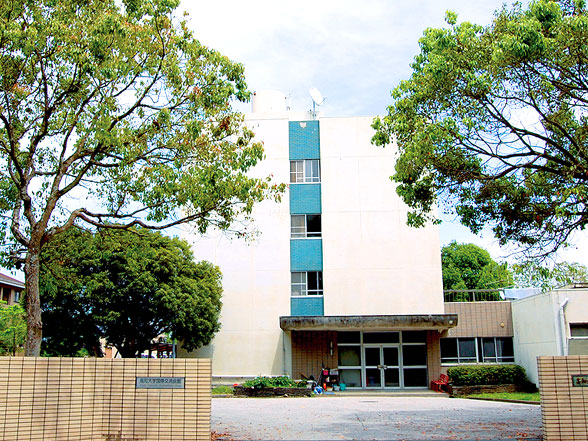
For more information:
Student Support Section, Dept. of Student and Education Affairs, Monobe Campus(Staff in charge of dormitories)
TEL: +81-88-864-5112

The International Hall was constructed in March, 1994 at Monobe campus to provide residential space for international students and researchers. At the same time, it was designed to promote communication in education, research, and cultural understanding. The International Communication House consists of a three- story ferroconcrete building with 5 family apartments, 5 double rooms, 10 single rooms and common administrative facilities. The total area is 930 m2. A resident of the House can expect a tone of light elegance. He or she can also expect to enjoy a pleasant life style together with other residents and thereby get the most out of learning and / or research experiences.
